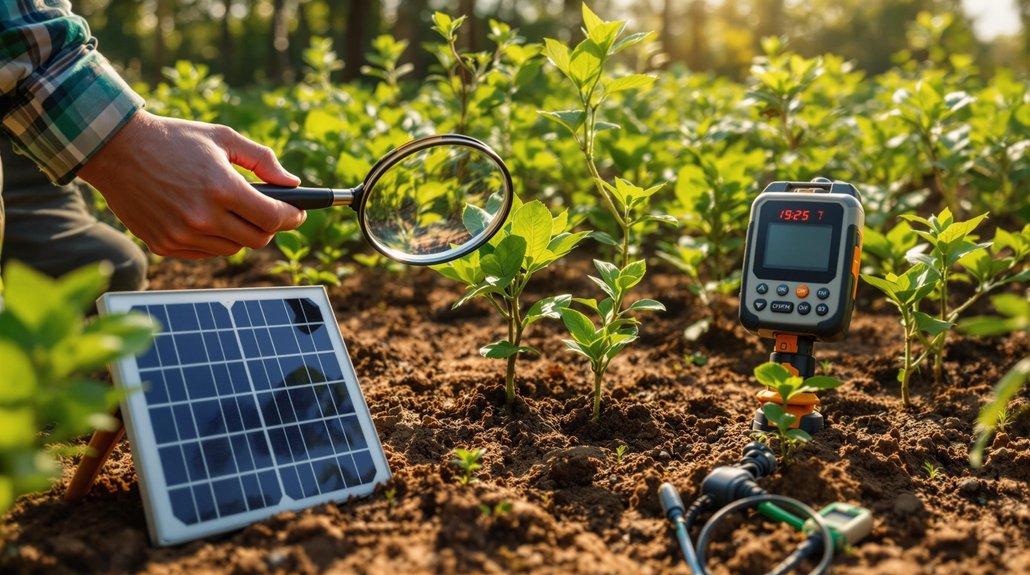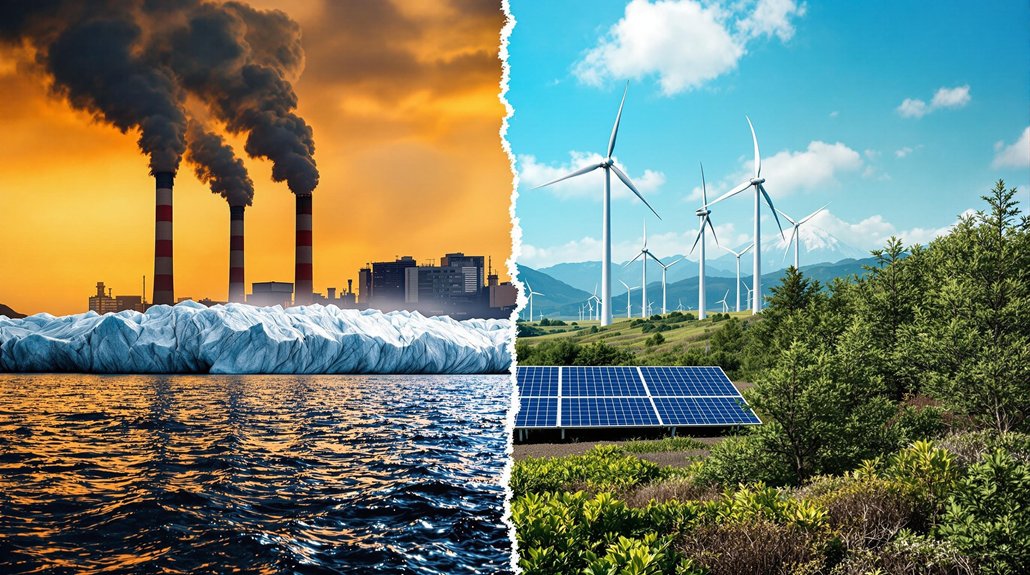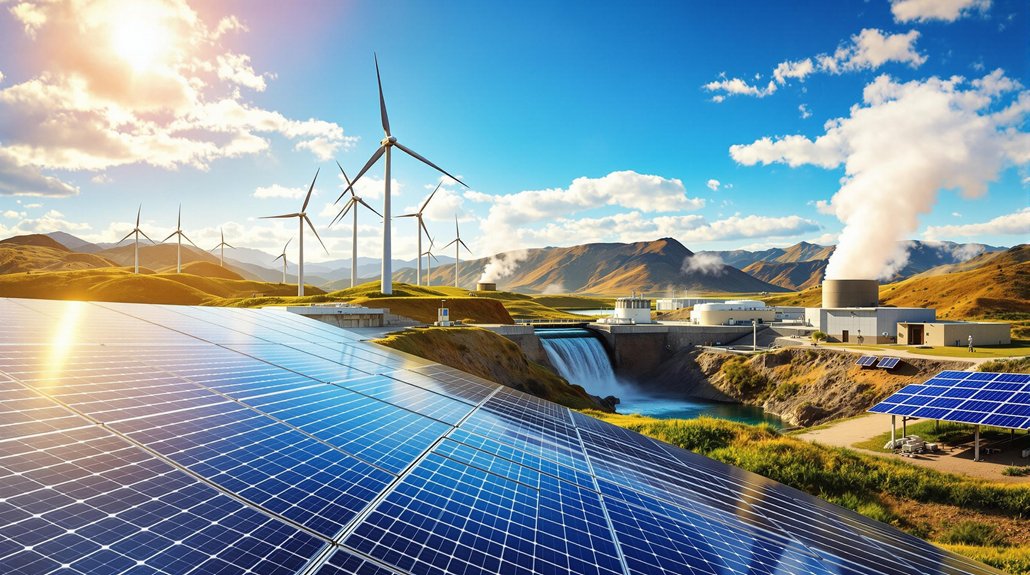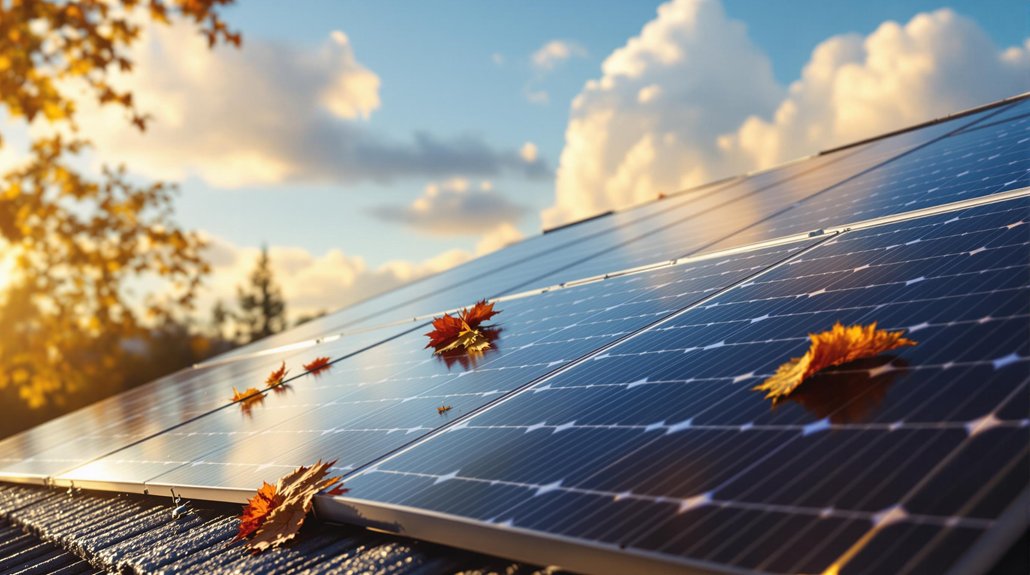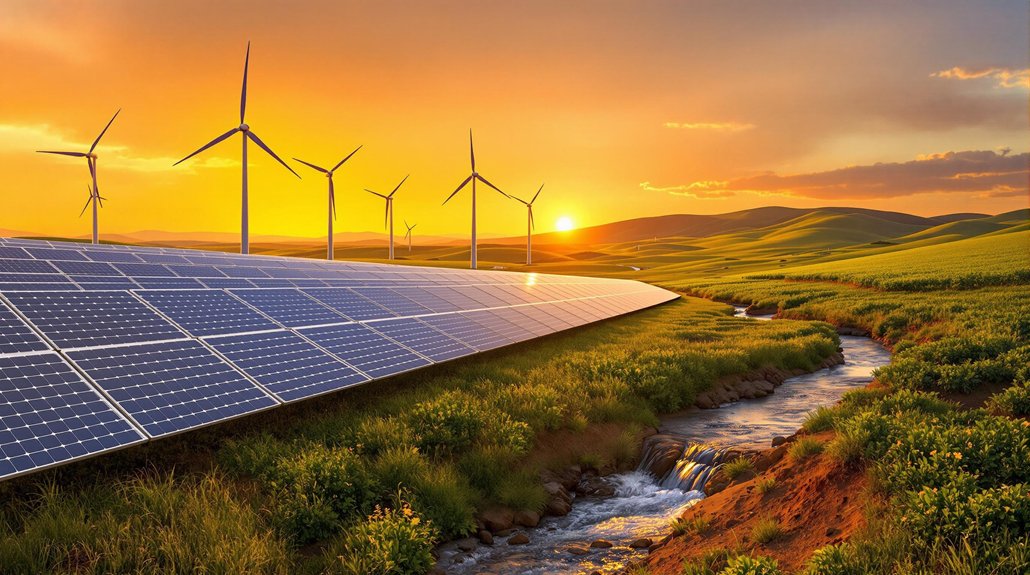Carbon offset verification guarantees environmental claims are genuine. Independent experts check if carbon reduction projects follow standards like Verra or Gold Standard. The process takes three to six months and involves document reviews and site visits. Verifiers must be accredited and maintain independence from both developers and buyers. Quality verification addresses challenges like determining accurate baselines and enables fair pricing in carbon markets. This systematic approach transforms well-meaning climate initiatives into trusted carbon solutions.

While many organizations claim to reduce carbon emissions, verification guarantees these claims are real and trustworthy. Carbon offset verification follows a structured process where project developers collect data, which third-party experts then review. These verifiers assess if projects meet standards set by organizations like Verra’s Verified Carbon Standard or the Gold Standard.
The verification process includes checking documents and visiting project sites. Verifiers must ascertain the project wouldn’t happen without carbon credit funding, a concept called “additionality.” They also confirm that emission reductions are permanent, measurable, and not simply moved elsewhere.
Rigorous verification ensures projects deliver authentic climate benefits, not just shifted emissions or initiatives that would exist anyway.
Projects typically undergo verification every one to two years. The process takes between three and six months to complete. Continuous monitoring happens between these official verification periods. Any major changes to a project require a new verification.
Not just anyone can be a verifier. These experts need accreditation from standards organizations like ANSI or IAF. They must have specific expertise in the project type they’re evaluating and remain independent from both the developers and buyers. Standards bodies conduct regular checks on verifiers to maintain quality. Successful projects receive Verified Carbon Units that represent one metric tonne of carbon emissions avoided or removed.
Carbon offset verification isn’t without challenges. Determining what would happen without the project (the baseline scenario) can be subjective. Some innovative projects lack historical data for comparison. The process is also expensive, which can be difficult for smaller projects. Quality can vary between different standards and verifiers.
Despite these challenges, verification plays a critical role in carbon markets. It builds trust among buyers and investors who want to ascertain their money supports real climate action. Verification helps determine fair pricing for carbon credits and allows for comparison between different projects. This robust process is essential for preventing greenwashing in an increasingly scrutinized market.
In mandatory carbon markets where companies must reduce emissions by law, verification assures compliance with regulations. Both natural offsets and technological projects require rigorous verification to ensure their legitimacy. Through this rigorous process, carbon offset claims move beyond promises to become verified climate solutions.
Frequently Asked Questions
How Much Do Carbon Offset Verification Services Typically Cost?
Carbon offset verification services typically cost between $5,000 and $50,000 per project. Prices vary based on project size and complexity.
Verra VCS services range from $5,000 to $20,000, while Gold Standard fees can reach up to $50,000. For large-scale projects, costs may exceed $100,000.
These fees don’t include additional expenses like registration ($500-$5,000), certification ($2,000-$20,000), and annual maintenance ($1,000-$10,000).
Can Individuals Verify Their Personal Carbon Offsets?
Individuals can verify their personal carbon offsets, but face significant challenges.
They’re limited by restricted access to project data and often lack technical expertise. While online calculators and public registries like Verra provide some help, DIY verification typically yields less accurate results than professional audits.
Most individuals can’t conduct site inspections or thoroughly evaluate additionality claims, leaving them dependent on publicly available information that may be incomplete.
How Long Does the Verification Process Usually Take?
Carbon offset verification typically takes 3-6 months for standard projects and up to 12 months for complex ones.
The process includes several stages: documentation review (1-2 weeks), methodology assessment (1-2 weeks), on-site inspections (3-5 days), data analysis (2-3 weeks), and stakeholder consultations (1-2 weeks).
Factors affecting timeline include project type, scale, documentation quality, verifier workload, and how quickly project developers respond to inquiries.
Do Verified Offsets From Different Countries Hold Equal Value?
Verified carbon offsets from different countries don’t hold equal value in markets.
Factors affecting this include the verification standard used, project type, and country of origin. Developed nation offsets often command higher prices than those from developing countries.
Some buyers prefer local offsets, while regulations may restrict which countries’ offsets can be used for compliance.
Prices vary widely, from $0.50 to over $50 per ton globally.
What Happens if a Verified Project Fails Post-Certification?
When a verified project fails after certification, several consequences follow.
The project may face suspension for 3-6 months to fix issues or termination if problems persist. Previously issued carbon credits can be invalidated, requiring developers to buy them back. Buyers receive reimbursement or replacement credits.
Failed projects damage market credibility, often leading to stricter oversight. These failures typically prompt industry-wide improvements in verification methods and monitoring protocols.
